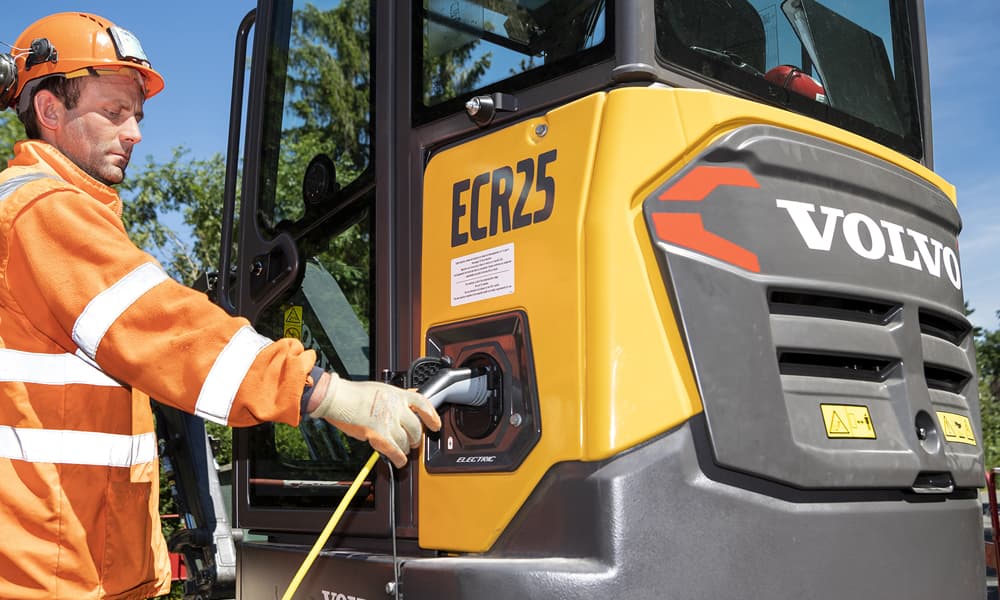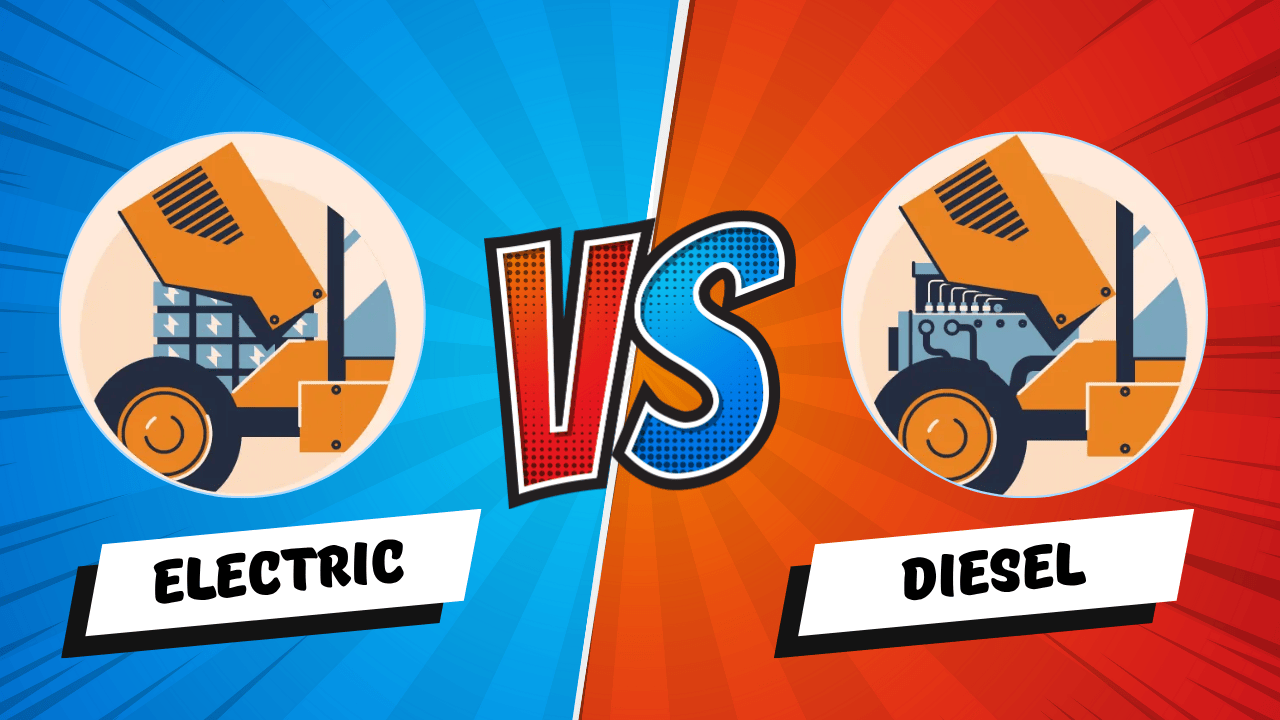Construction Electrical Equipment: Heavy Machinery Like Tesla
See how electrical equipment & heavy machinery is transforming construction. Much like Tesla revolutionized the automotive industry. Learn about eco-friendly electric heavy machinery’s benefits.
by Sam Chen
|
The construction industry is changing fast. As the world focuses more on sustainability, electrical equipment is becoming the new standard for construction heavy machinery. Diesel machines used to rule job sites, but now, electric excavators, wheels, loaders, dump trucks, and more are taking over. This shift is making construction greener, quieter, and more efficient.
In this blog, we’ll look at why electrical equipment and heavy machinery are getting so popular, how it stacks up against diesel machines, and what the future holds for this exciting technology.
Why Electrical Equipment & Heavy Machinery Is The Future in Construction
Sustainability is a big deal right now. The construction industry is responsible for nearly 39% of global CO2 emissions, so finding eco-friendly solutions is crucial. Electric heavy machinery is a great answer because it doesn’t use fossil fuels and cuts down on carbon emissions.
But it’s not just about the environment. Construction heavy machinery powered by electricity also saves money and reduces noise. Let’s take a closer look at why this technology is a game-changer.
Electric vs. Diesel: What’s the Difference?

Performance
Electric heavy machinery performs just as well as diesel machines. For example, Volvo’s electric excavators and wheel loaders have the same power and efficiency as their diesel versions, with only a small increase in weight.
Technology
The big difference is in the tech. Instead of diesel engines, electrical equipment uses rechargeable lithium-ion batteries. Some models, like Volvo’s ECR25 Electric excavator, even replace hydraulics with electromechanical systems, making them easier to maintain.
Environmental Impact
Diesel machines are known for their emissions and noise. Electric heavy machinery, on the other hand, produces zero emissions and runs quietly, making it perfect for cities and noise-sensitive areas.
Types of Electric Heavy Machinery in Construction
The market for electrical equipment and heavy machinery is growing fast. Here are some of the most popular types of heavy construction machinery now available in electric versions:
Excavators
Electric excavators were some of the first to hit the market. Companies like Volvo, Caterpillar, and JCB have introduced models that are powerful and eco-friendly. For example, Volvo’s EC230 Electric excavator works just as well as diesel models but with zero emissions.
Wheel Loaders
Wheel loaders are essential on construction sites, and brands like Schäffer and Wacker Neuson have made all-electric versions. The Schäffer 24E, for instance, uses lithium-ion batteries and is great for residential projects because it’s so quiet.
Dump Trucks
The world’s largest electric vehicle is a 45-ton mining truck by Kuhn Schweiz. Its regenerative braking system lets it operate without recharging, making it a true engineering marvel.
Forklifts
Electric forklifts are already common in warehouses and construction sites. Brands like Toyota and Cat offer models with features like self-diagnostics and real-time monitoring.
Top Benefits of Electric heavy machinery
1. Lower Carbon Emissions
By cutting out fossil fuels, electric construction equipment helps companies meet sustainability goals and follow emission rules.
2. Less Noise
Electric heavy construction machinery runs quietly, reducing noise pollution and making job sites safer and more comfortable for workers and neighbors.
3. Cost Savings
While electric machines might cost more upfront, they save money in the long run. Lower fuel and maintenance costs, plus less downtime, make them a smart choice.
The Future of Heavy Construction Machinery
The move to electric construction equipment is just starting, but it’s gaining speed. With stricter emission rules and more demand for sustainable solutions, the future of heavy construction machinery is electric.
Countries like Norway and Denmark plan to ban diesel vehicles by 2035, and the construction industry is likely to follow. As technology improves, we’ll see even more innovative electric models.
Why the Construction Industry Needs to Change
The construction sector has been slow to adopt new tech, but electric construction equipment is a chance to break that trend. By switching to electric heavy construction machinery, companies can reduce their environmental impact, improve worker safety, and save money.
Plus, as more people care about sustainability, companies that use electric construction equipment will have an edge in winning contracts and attracting clients.
Final Thoughts
The construction industry is changing, and electrical equipment and heavy machinery is leading the way. By replacing diesel machines with electric ones, we can create a cleaner, quieter, and more efficient future.
The question isn’t if electric construction equipment will become the norm—it’s how fast the industry will adapt. Are you ready to be part of this change?

